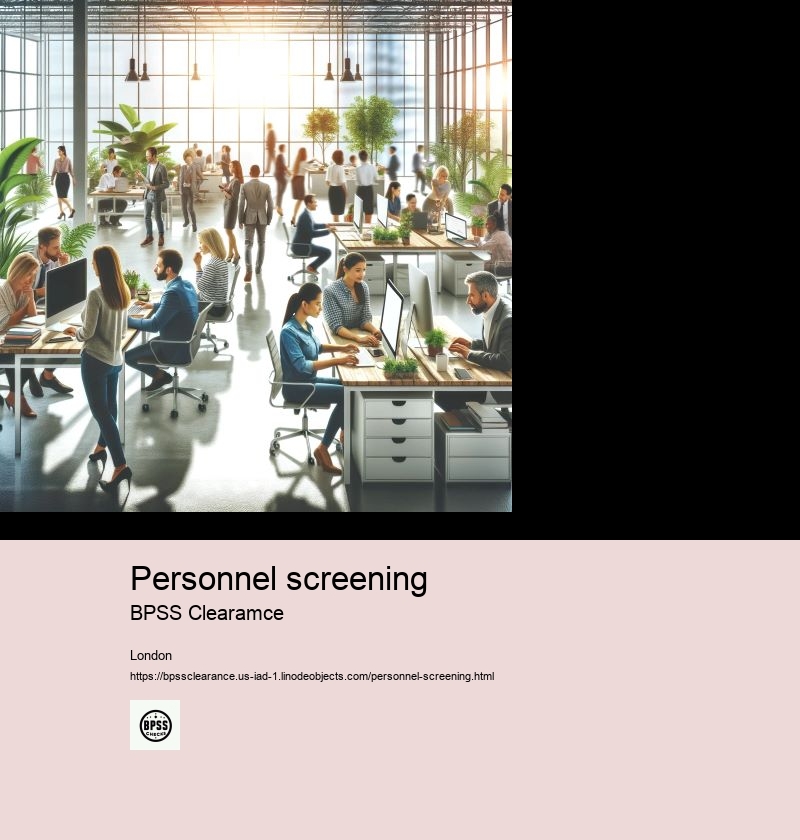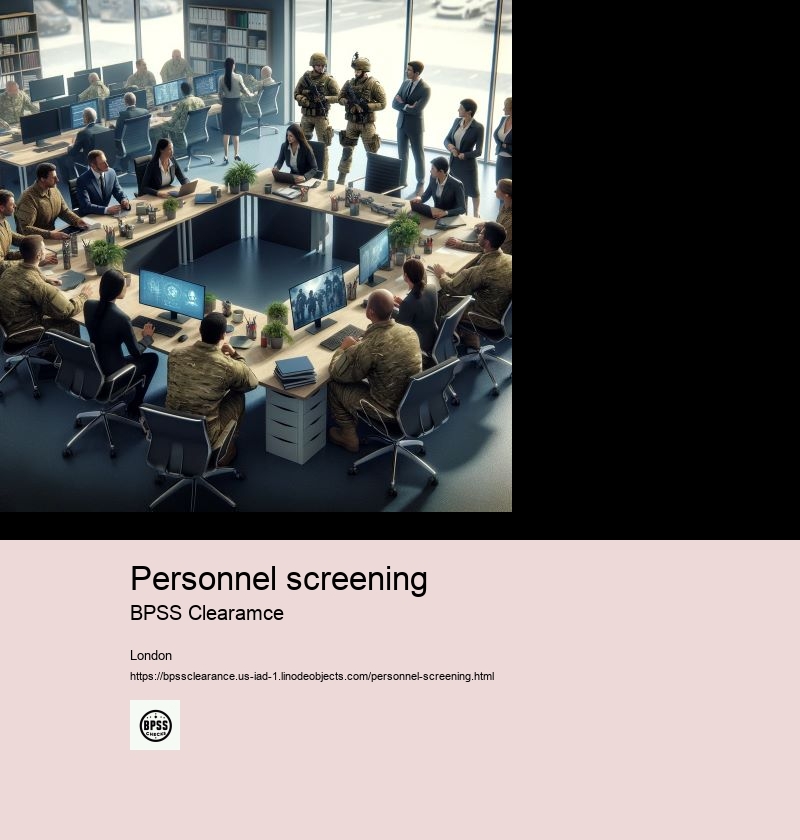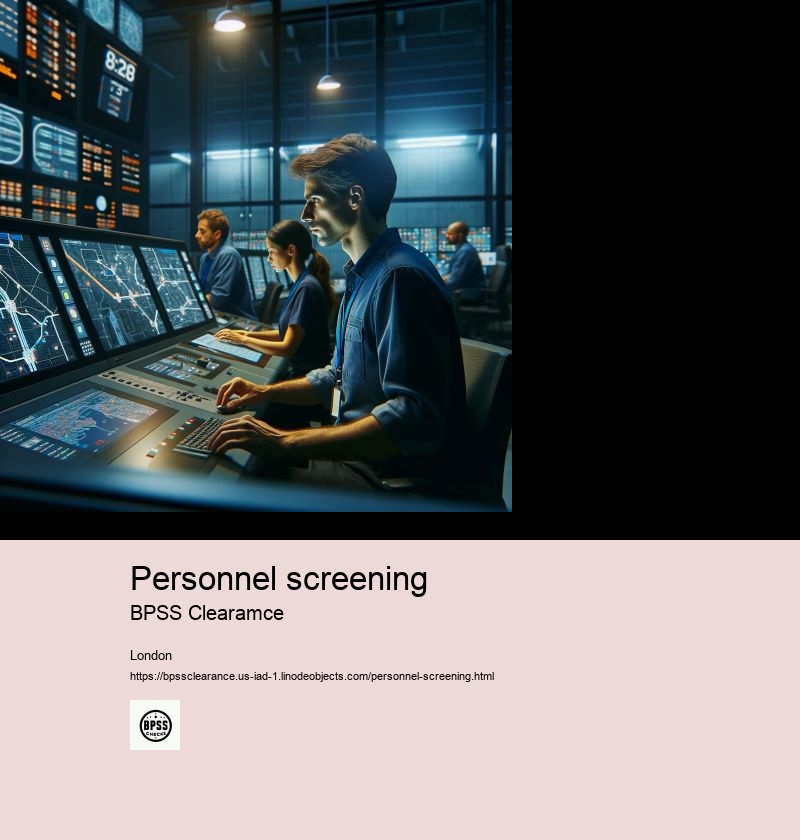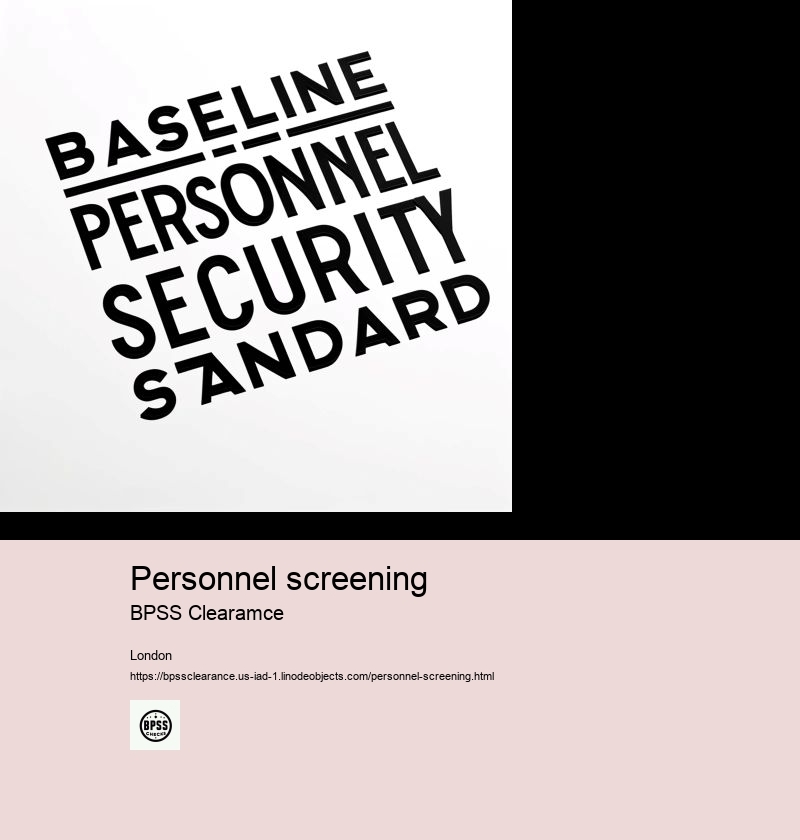personnel screening
Information security
Members of the UK armed forces, civil servants, and government contractors typically require BPSS clearance for accessing government assets. Temporary staff within government organizations may also need a BPSS check as part of pre-employment screening procedures.
Although the right to work is typically verified at the start of employment as part of BPSS checks, it may need to be reverified if an individual’s circumstances change, such as the expiration of a visa or changes in immigration status. Continuous monitoring ensures ongoing compliance with legal requirements and maintains the integrity of the workforce.
BPSS checks are generally conducted as a one-time check prior to employment to establish a baseline of trust and security clearance. However, depending on the nature of the work and the level of security required, BPSS checks might be revisited if a person's role or security clearance level changes.



